Yes, Redis is a cache database. Redis (Remote Dictionary Server) is a key-value storage database designed for fast access and storage of data, with high performance, low latency, scalability and durability.

Redis: a cache database
Answer:Yes, Redis is a cache database .
Detailed answer:
Redis (Remote Dictionary Server) is a key-value storage database designed for fast access and storage of data. It can store various data types such as strings, hashes, lists, and sets.
One of the main functions of Redis is as a cache, which can store frequently accessed data to speed up the access of these data. When data needs to be retrieved from a backend storage (such as a database), Redis can quickly respond to the request through its highly optimized memory structure.
Advantages of Redis as a cache database:
- High performance: Redis stores data in memory, providing faster performance than traditional databases read and write speeds.
- Low latency: Redis’ memory-based operation gives it very low latency, allowing for sub-millisecond response times.
- Scalability: Redis can be horizontally scalable through the clustering mechanism to handle larger data sets and higher loads.
- Persistence: Redis provides persistence options such as RDB snapshots and AOF logs to ensure that data is retained even if a server failure occurs.
In addition to serving as a cache, Redis is also widely used in other scenarios, such as:
- Session cache: Stores user session data.
- Leaderboard: Stores real-time or historical rankings.
- Rate limit: Limit the number of accesses to resources.
- Message Queue: As a publish/subscribe system.
The above is the detailed content of Is redis a cache database?. For more information, please follow other related articles on the PHP Chinese website!
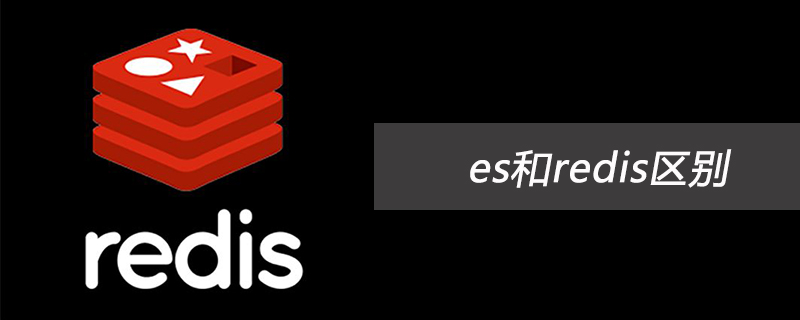 es和redis区别Jul 06, 2019 pm 01:45 PM
es和redis区别Jul 06, 2019 pm 01:45 PMRedis是现在最热门的key-value数据库,Redis的最大特点是key-value存储所带来的简单和高性能;相较于MongoDB和Redis,晚一年发布的ES可能知名度要低一些,ES的特点是搜索,ES是围绕搜索设计的。
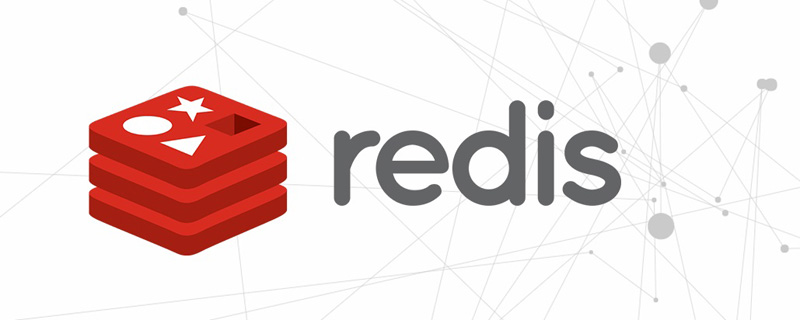 一起来聊聊Redis有什么优势和特点May 16, 2022 pm 06:04 PM
一起来聊聊Redis有什么优势和特点May 16, 2022 pm 06:04 PM本篇文章给大家带来了关于redis的相关知识,其中主要介绍了关于redis的一些优势和特点,Redis 是一个开源的使用ANSI C语言编写、遵守 BSD 协议、支持网络、可基于内存、分布式存储数据库,下面一起来看一下,希望对大家有帮助。
 实例详解Redis Cluster集群收缩主从节点Apr 21, 2022 pm 06:23 PM
实例详解Redis Cluster集群收缩主从节点Apr 21, 2022 pm 06:23 PM本篇文章给大家带来了关于redis的相关知识,其中主要介绍了Redis Cluster集群收缩主从节点的相关问题,包括了Cluster集群收缩概念、将6390主节点从集群中收缩、验证数据迁移过程是否导致数据异常等,希望对大家有帮助。
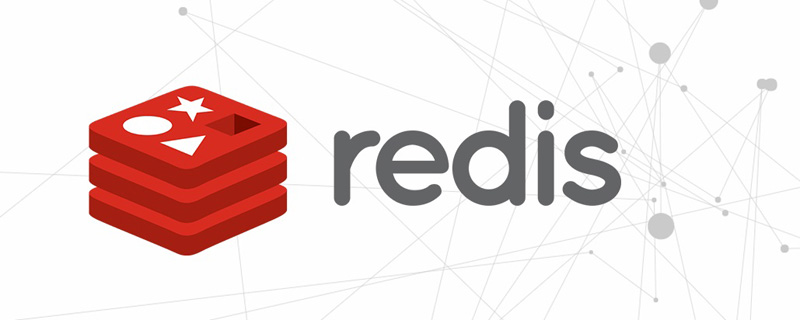 Redis实现排行榜及相同积分按时间排序功能的实现Aug 22, 2022 pm 05:51 PM
Redis实现排行榜及相同积分按时间排序功能的实现Aug 22, 2022 pm 05:51 PM本篇文章给大家带来了关于redis的相关知识,其中主要介绍了Redis实现排行榜及相同积分按时间排序,本文通过实例代码给大家介绍的非常详细,对大家的学习或工作具有一定的参考借鉴价值,希望对大家有帮助。
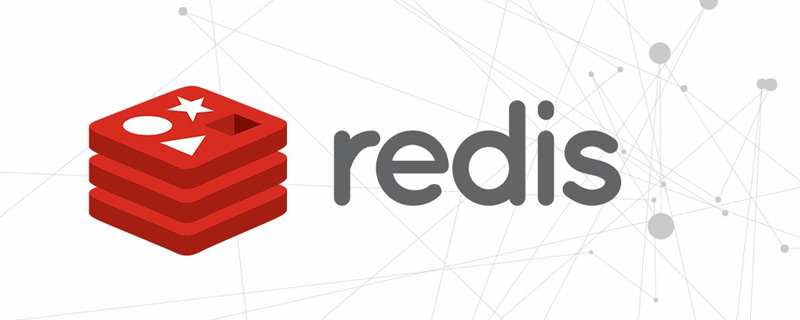 详细解析Redis中命令的原子性Jun 01, 2022 am 11:58 AM
详细解析Redis中命令的原子性Jun 01, 2022 am 11:58 AM本篇文章给大家带来了关于redis的相关知识,其中主要介绍了关于原子操作中命令原子性的相关问题,包括了处理并发的方案、编程模型、多IO线程以及单命令的相关内容,下面一起看一下,希望对大家有帮助。
 实例详解Redis实现排行榜及相同积分按时间排序功能的实现Aug 26, 2022 pm 02:09 PM
实例详解Redis实现排行榜及相同积分按时间排序功能的实现Aug 26, 2022 pm 02:09 PM本篇文章给大家带来了关于redis的相关知识,其中主要介绍了Redis实现排行榜及相同积分按时间排序,本文通过实例代码给大家介绍的非常详细,下面一起来看一下,希望对大家有帮助。
 一文搞懂redis的bitmapApr 27, 2022 pm 07:48 PM
一文搞懂redis的bitmapApr 27, 2022 pm 07:48 PM本篇文章给大家带来了关于redis的相关知识,其中主要介绍了bitmap问题,Redis 为我们提供了位图这一数据结构,位图数据结构其实并不是一个全新的玩意,我们可以简单的认为就是个数组,只是里面的内容只能为0或1而已,希望对大家有帮助。
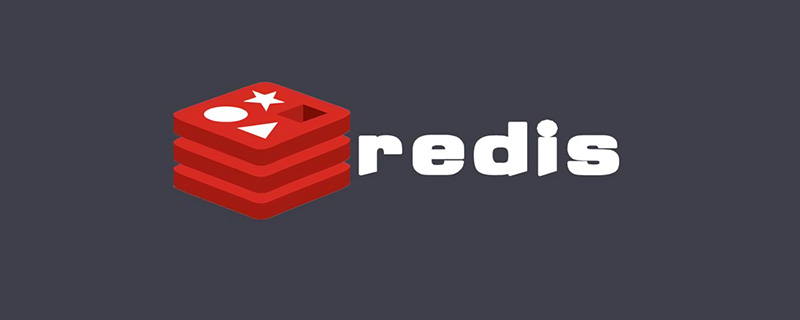 一起聊聊Redis实现秒杀的问题May 27, 2022 am 11:40 AM
一起聊聊Redis实现秒杀的问题May 27, 2022 am 11:40 AM本篇文章给大家带来了关于redis的相关知识,其中主要介绍了关于实现秒杀的相关内容,包括了秒杀逻辑、存在的链接超时、超卖和库存遗留的问题,下面一起来看一下,希望对大家有帮助。


Hot AI Tools

Undresser.AI Undress
AI-powered app for creating realistic nude photos

AI Clothes Remover
Online AI tool for removing clothes from photos.

Undress AI Tool
Undress images for free

Clothoff.io
AI clothes remover

AI Hentai Generator
Generate AI Hentai for free.

Hot Article

Hot Tools

VSCode Windows 64-bit Download
A free and powerful IDE editor launched by Microsoft

SublimeText3 Mac version
God-level code editing software (SublimeText3)

Zend Studio 13.0.1
Powerful PHP integrated development environment

mPDF
mPDF is a PHP library that can generate PDF files from UTF-8 encoded HTML. The original author, Ian Back, wrote mPDF to output PDF files "on the fly" from his website and handle different languages. It is slower than original scripts like HTML2FPDF and produces larger files when using Unicode fonts, but supports CSS styles etc. and has a lot of enhancements. Supports almost all languages, including RTL (Arabic and Hebrew) and CJK (Chinese, Japanese and Korean). Supports nested block-level elements (such as P, DIV),

SAP NetWeaver Server Adapter for Eclipse
Integrate Eclipse with SAP NetWeaver application server.






